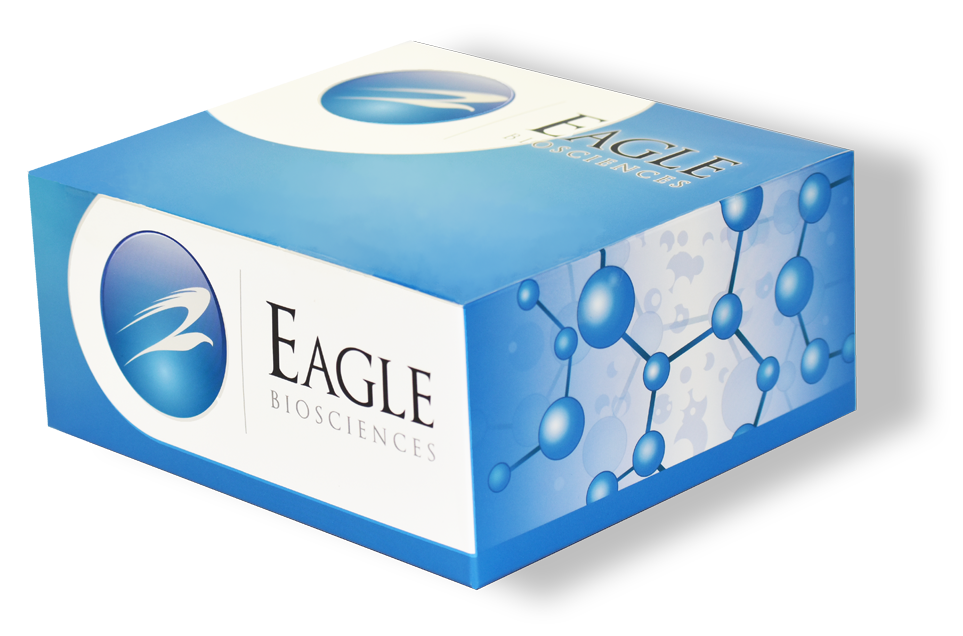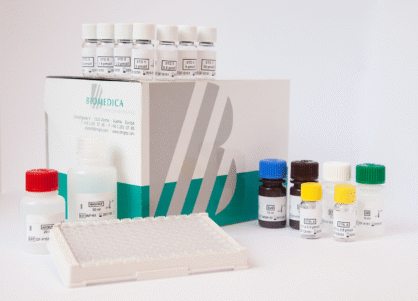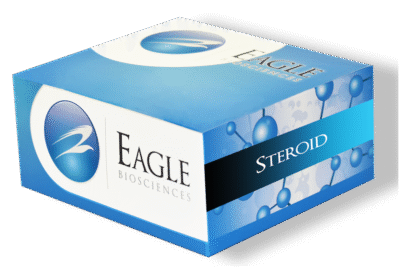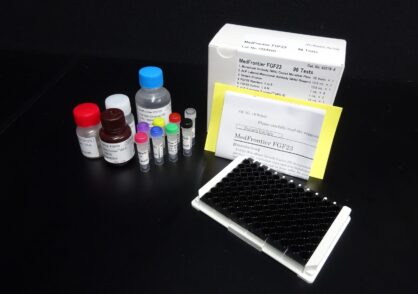Rat Thiostatin ELISA Kit
Thiostatin is a cysteine protease inhibitor that plays a critical role in regulating proteolytic activity in tissues, helping to maintain the balance between proteases and their inhibitors. In rats, thiostatin is involved in modulating inflammatory responses, tissue remodeling, and immune system function by inhibiting enzymes such as cathepsins that can degrade extracellular matrix proteins. Its expression can be altered in pathological conditions, making it a valuable biomarker for studying processes such as inflammation, tissue injury, and fibrosis in preclinical models.
The rat thiostatin ELISA is a sensitive immunoassay that allows for the quantitative measurement of thiostatin levels in serum, plasma, or tissue samples. In research settings, this assay is commonly used to investigate the role of protease inhibitors in disease models, including cardiovascular disease, chronic inflammation, and cancer. By measuring changes in thiostatin levels, researchers can gain insights into the regulation of proteolytic activity and the effectiveness of potential therapeutic interventions targeting protease-mediated pathways.
Although rat thiostatin is primarily used in preclinical research, its study has translational relevance for clinical applications. Understanding thiostatin dynamics can help identify novel targets for anti-inflammatory therapies or for conditions characterized by excessive tissue degradation. Additionally, it provides a model to explore how modulating protease inhibitors may influence disease progression and tissue repair, laying the groundwork for potential human biomarker studies in similar pathological contexts.
This Rat Thiostatin ELISA Kit is manufactured in USA by Eagle Biosciences.





